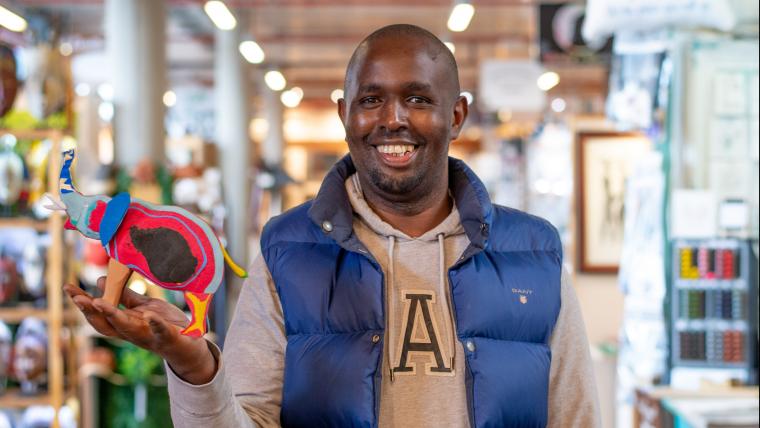
Can science save sharks from humans?
When she was 11 years old, Alison Towner read a book her father wrote. She’d lost him six years earlier. A passionate angler and journalist by trade, his story was about the great salmon migrations, and she loved it. Within her father’s words, Towner found something of his heart and what he’d lived for, as well as the source of her own fascination with the sea – while other kids played with Barbie and Action Man, she sat fixated before shark tapes and churned out fact sheets about the creatures on her typewriter.
By the age of 20, she’d earned an Honours degree in Marine Biology from the University of Wales. Thereafter she set off to work as a scuba-diving instructor around the Greek islands and the Red Sea. The adventure was exciting, but Towner had always longed to work directly with sharks. Her dream opportunity came when she was offered the post of marine biologist at the Dyer Island Conservation Trust in Gansbaai. Well at home in Great White terrain, Towner supplemented the invigorating practical experience by pursuing her Master’s through UCT.
Her thesis looked at how environmental conditions impact on the sex and number of sharks in an area. In Gansbaai, one unnatural addition to the seascape impacts the local population of these creatures more than anything else: shark-cage diving. A popular tourist attraction, the influence that the activity has on sharks is not fully understood. That’s why Towner started the Save Our Seas foundation, which, through a combination of tagging methods, is harvesting information about the behaviour of the Gansbaai sharks that will help local marine authorities to protect the animals. For Towner, a passion that started in dreams, books and theories has become a meaningful reality.






























Please sign in to leave a comment